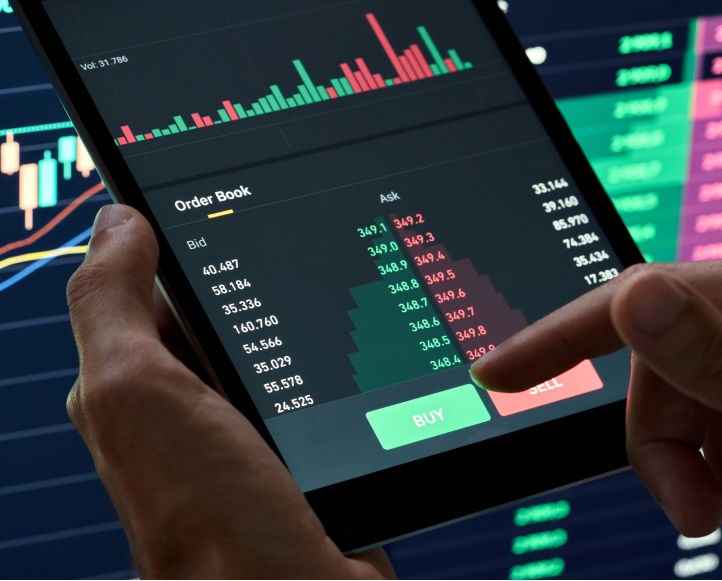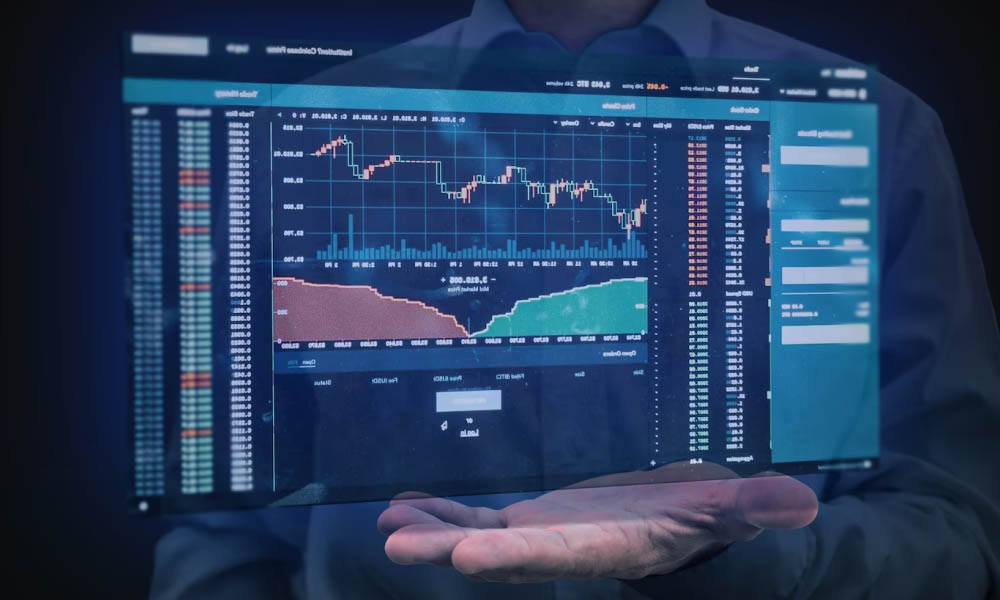
Crypto Trading Security: Safeguarding Your Digital Investments
The digital age has revolutionized the way we transact, invest, and trade. With the rise of cryptocurrencies, there is a growing need for understanding the importance of Crypto Trading Security https://www.criptotendencias.com/actualidad/stellar-tron-nem-y-mas-actores-del-criptomercado-se-unen-a-proyecto-educativo-sobre-blockchain/. As individuals become increasingly engaged in crypto trading, the security of their investments remains paramount. This article explores critical aspects of crypto trading security, including essential strategies for protecting your assets and understanding the potential risks involved.
What Is Crypto Trading Security?
Crypto trading security refers to the measures and practices undertaken to protect digital assets from theft, fraud, and other forms of cyber attacks. Unlike traditional financial markets, the cryptocurrency market is often less regulated, making it a prime target for malicious actors. As a result, both individual traders and institutional investors must adopt robust security practices to safeguard their investments.
Common Threats in Crypto Trading
Understanding the various threats in the crypto trading space is the first step toward ensuring security. Some common threats include:
- Phishing Attacks: Cybercriminals often use deceptive emails or fake websites to trick users into revealing their private keys or login credentials.
- Malware: Malicious software can infect a trader’s computer or mobile device, capturing sensitive information and allowing unauthorized access to their accounts.
- Exchange Hacks: Cryptocurrency exchanges can be vulnerable to security breaches, resulting in the loss of millions of dollars worth of digital assets.
- Rug Pulls: In decentralized finance (DeFi) projects, unscrupulous developers may abandon a project after attracting significant investment, leading to losses for investors.

Essential Security Measures for Crypto Traders
To mitigate risks and protect investments, traders should consider implementing the following security measures:
1. Use Secure Wallets
Choosing the right wallet is crucial for crypto trading security. Hardware wallets are considered one of the safest options, as they store private keys offline, away from potential online threats. Conversely, software wallets and exchanges may be more susceptible to hacks. Ensure that any wallet you choose offers robust encryption and multi-signature capabilities.
2. Enable Two-Factor Authentication (2FA)
Enabling 2FA adds an extra layer of security to user accounts. By requiring a second form of authentication, such as a text message or authentication app, even if a hacker gains access to a password, they would still need the second factor to access the account.
3. Stay Informed about Phishing Trends
Phishing techniques are constantly evolving. Traders should stay informed about the latest phishing scams and learn to recognize red flags, such as misspelled domain names and suspicious emails. Always double-check URLs before entering credentials and use bookmarks for frequently visited sites.
4. Regularly Update Software
Whether using trading applications, wallets, or operating systems, keeping software up to date is essential. Updates often contain security patches that protect against known vulnerabilities. Enable automatic updates where possible to ensure you receive the latest security enhancements.

5. Diversify Exchanges and Assets
To reduce the impact of potential loss, traders should diversify their holdings across multiple exchanges and wallets. This way, if one exchange suffers a security breach, only a portion of assets is affected. Additionally, consider holding a mix of cryptocurrencies to mitigate risks associated with market volatility.
Understanding Regulatory Frameworks
The decentralized nature of cryptocurrencies often places them outside traditional regulatory frameworks. However, many countries are beginning to implement regulations aimed at enhancing crypto trading security. Traders should familiarize themselves with their local laws and regulations, as compliance can provide an extra layer of protection.
Best Practices for Risk Management
Beyond security measures, effective risk management is critical for successful crypto trading. Traders should consider the following practices:
1. Set Stop-Loss Orders
Stop-loss orders are essential for limiting potential losses. By automatically selling a cryptocurrency when its price falls below a specified level, traders can minimize the impact of sudden market downturns.
2. Avoid Emotional Trading
Emotions can cloud judgment in trading decisions. Develop a trading plan with predefined goals and stick to it. Avoid making impulsive decisions based on market hype or fear.
3. Conduct Thorough Research
Before investing, conduct thorough research into any cryptocurrency or trading platform. Understanding the fundamentals can help identify legitimate projects and avoid scams.
The Future of Crypto Trading Security
As the cryptocurrency market continues to mature, security measures will evolve. The growing adoption of blockchain technology and increased regulatory scrutiny may enhance the overall security landscape. Traders must remain vigilant and adaptable to stay ahead of potential threats.
Conclusion
Crypto trading presents unprecedented opportunities, but it also comes with significant risks. By prioritizing crypto trading security and adopting best practices, traders can safeguard their investments and navigate the complexities of the digital asset landscape with confidence. In a world where cyber threats are ever-present, the diligent trader is informed, prepared, and secure.
